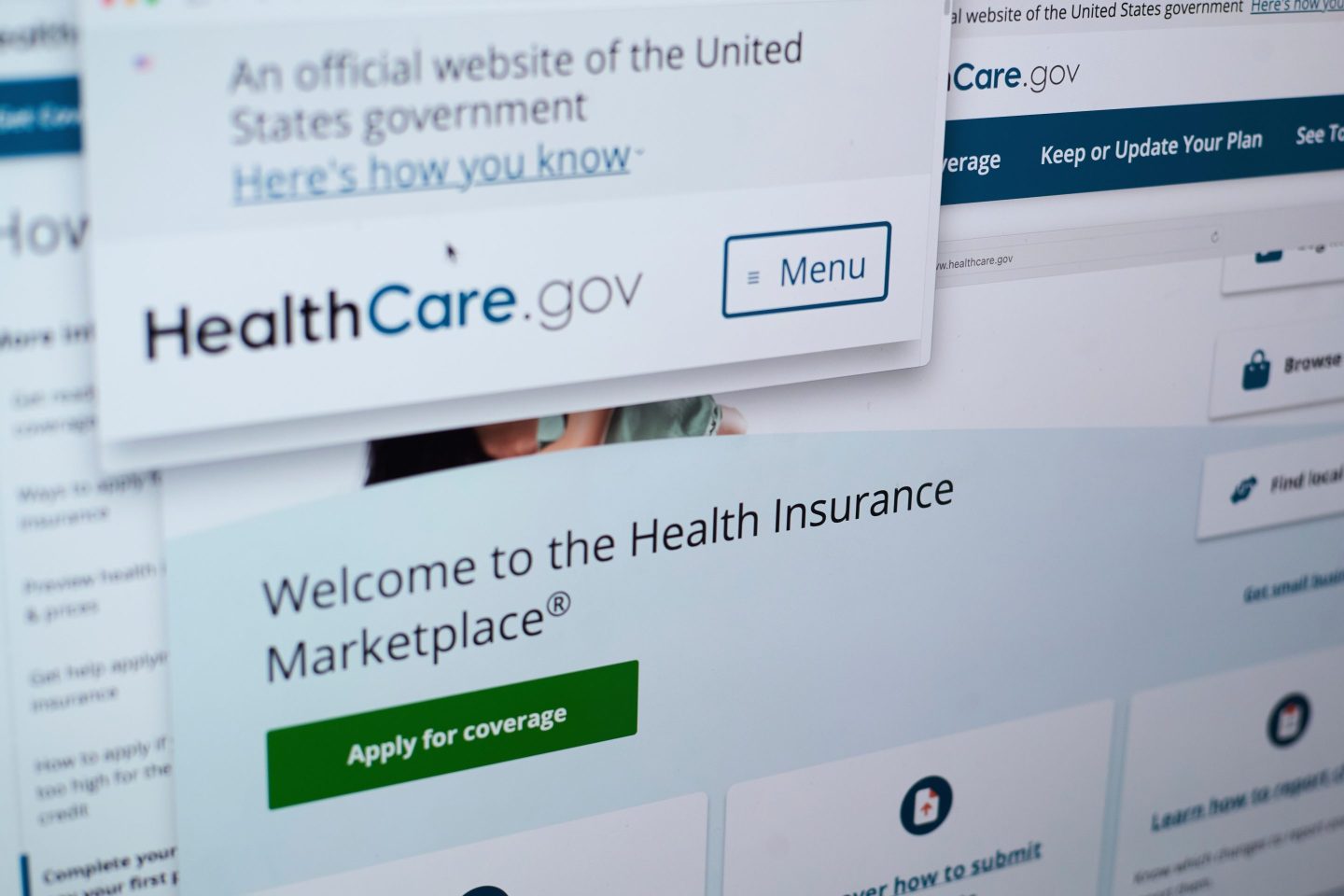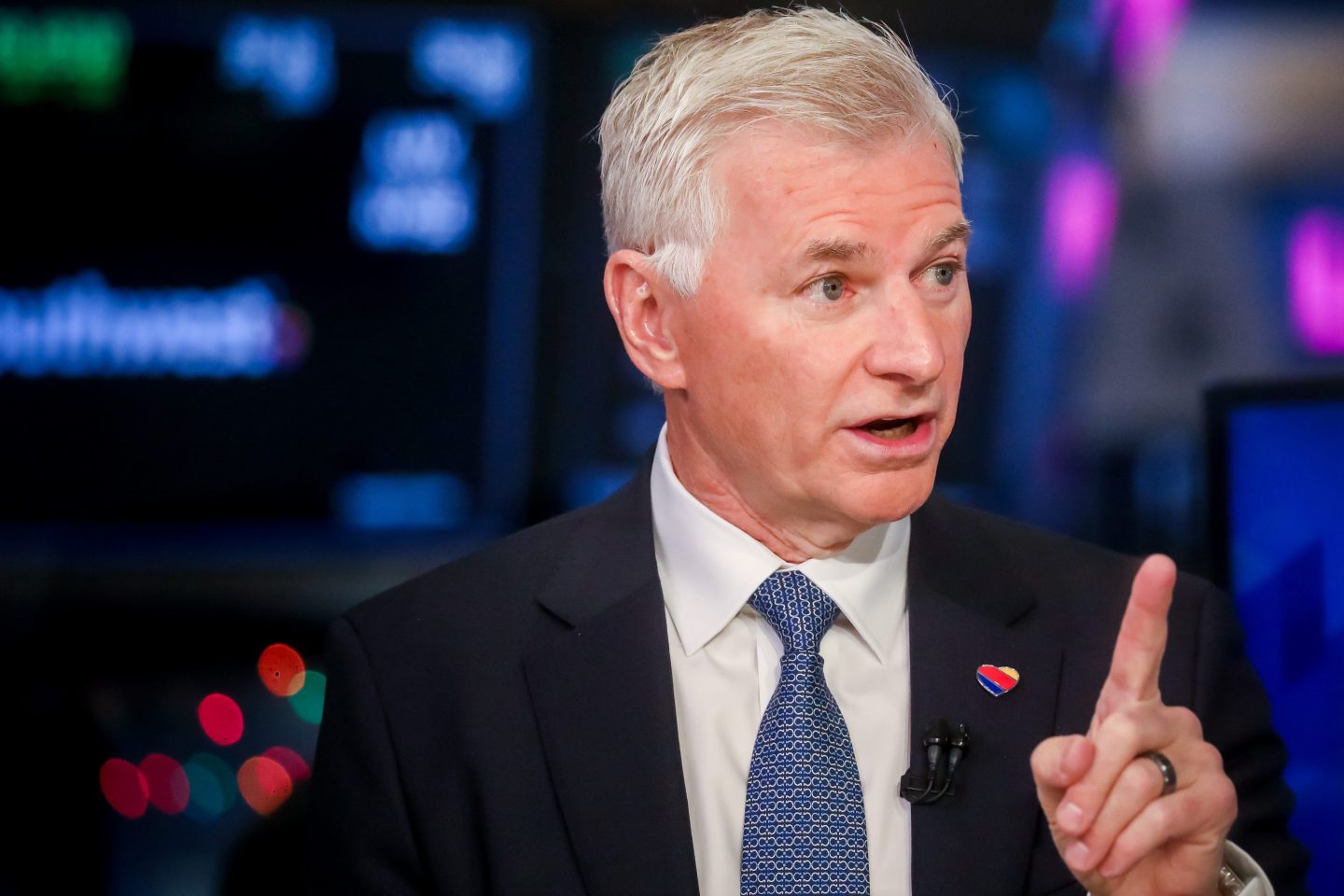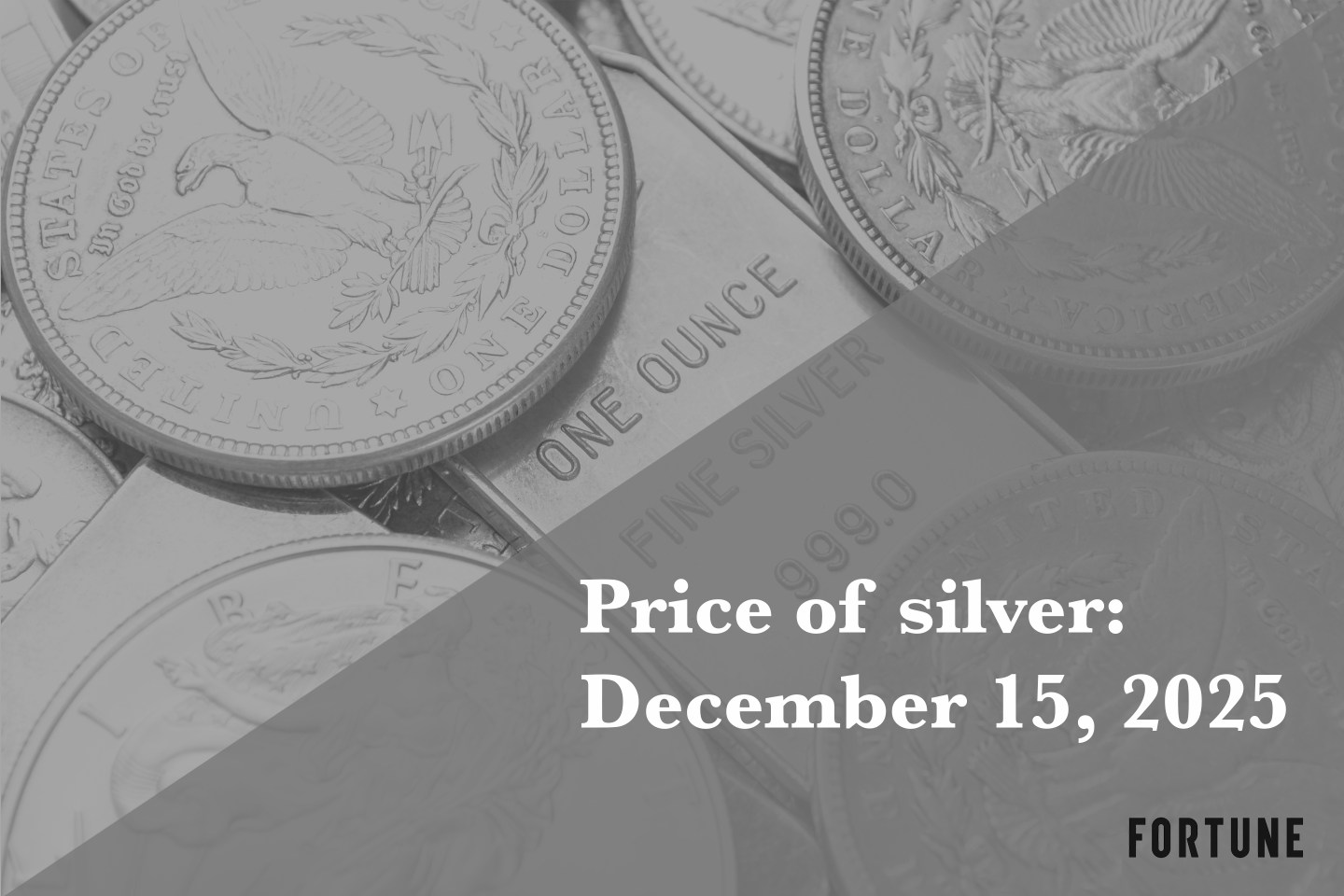This essay appears in today’s edition of the Fortune Brainstorm Health Daily. Get it delivered straight to your inbox.
Alzheimer’s. Brain cancer. Creutzfeldt–Jakob disease. Diabetes. One could sweep through the alphabet naming diseases that we don’t yet know how to cure.
But doctors do know how to cure, prevent, or successfully manage (at least for a while) a much longer list of ailments. Even the deadly Ebola virus kills roughly only half of the people it infects. (During the recent outbreak, case-fatality rates—a rare piece of medical jargon that actually means what it sounds like—ranged from a low of 37% to a high of 74%, depending on when and where people were treated.)
And yet, having the knowledge to cure, prevent, or manage the most common human illnesses often does not translate into actually curing, preventing, or managing them.
How often, you wonder?
That’s what a group calling itself the “GBD 2015 Healthcare Access and Quality Collaborators” set out to answer in a thoughtful, if very dense, research study published in The Lancet last night. The study assessed death rates around the world from “causes that should not be fatal in the presence of effective medical care”—or what’s known to epidemiologists as “amenable mortality.”
The researchers examined 32 common ailments—from measles to diarrheal disease to appendicitis—that ought to be treatable by reasonably qualified doctors in a relatively modern healthcare system. Then, based on 2015 mortality rates from those preventable causes of death, the team gave each of 195 countries and territories, what it called a “Healthcare Access and Quality” index score, ranging from a low of 0 to a high of 100.
The United States earned a score of 81—a B-minus, if you will—right on par with Estonia and Montenegro, but unfortunately much lower than most of the rich nations in America’s peer group. Sweden, Norway, and Australia received a score of 90, for instance; Iceland—that brown-nosing snot—got a 94.
But what’s most scary is how poorly the U.S.—which spends about17% of its GDP on healthcare, and more per capita than pretty much every country in the world—did in preventing death from things like lower respiratory infections (the tiny nation of Bosnia and Herzegovina performs better than we do in this regard), neonatal disorders (Lithuania kicks our butt), Hodgkin’s lymphoma (we’re bested by Armenia, Jordan, the Northern Mariana Islands, South Korea, and Saudi Arabia), and diabetes (more deaths from this brutal disease are prevented in Cuba, Russia, and Moldova).
The findings are ego-bruising, to be sure, though our HAQ has come up substantially since 1990, say the authors of the Lancet paper—who number so many, by the way, that they could be split into 50 research groups the size of the Wu Tang Clan and still have dozens of scientists left over to serve as roadies.
Worth noting as well is that these findings are consistent with lots of previous research. And the stark message that they convey has much to do with “access” to care—a key component in the HAQ score, you’ll recall. (That’s what the “A” in that little acronym stands for.) After all, it really doesn’t matter how good the care is if people don’t have access to it.
Which brings up some other news from yesterday: Bloomberg reports that the House of Representatives may have to vote again on their controversial Trumpcare bill—after its budgetary and overall financial impact is re-scored by the Congressional Budget Office.
If the CBO does conclude, as expected, that even more Americans will lose their healthcare coverage under the revised AHCA bill, then voting for it anew is only likely to bring America’s B-minus healthcare average down.
Happily, something tells me that our nation is more ambitious than that.












